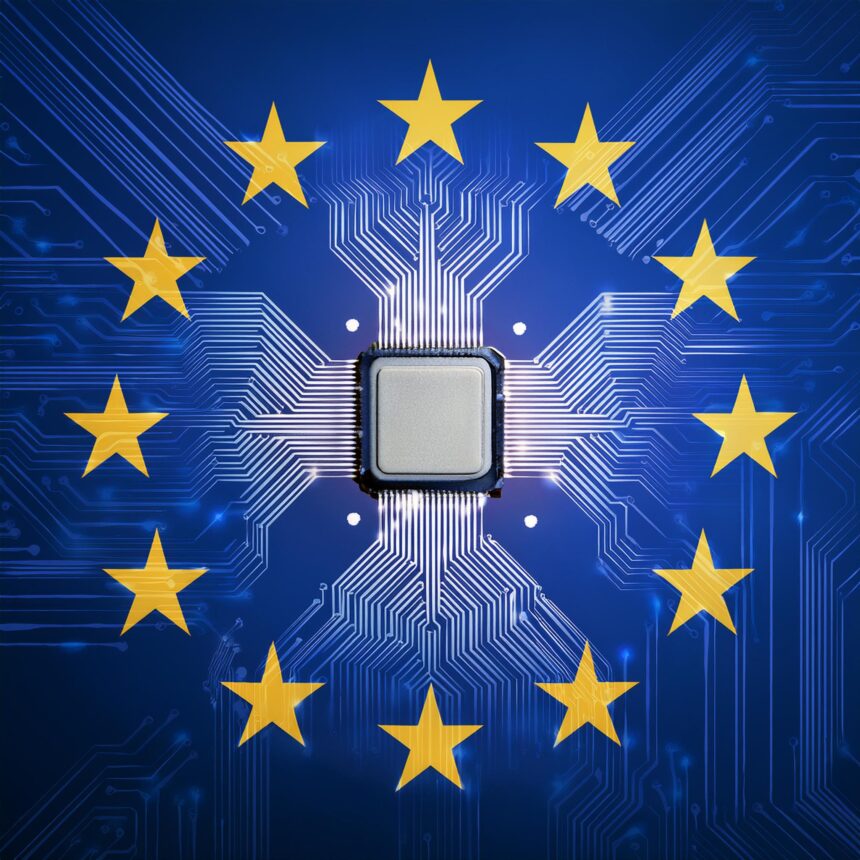The European Commission has assembled a 13-member panel of experts from Europe, the U.S., and Canada to draft a new Code of Practice for General Purpose AI (GPAI) systems. This initiative is part of the broader framework established by the EU’s AI Act, which aims to regulate AI technologies like ChatGPT and Google Gemini. The panel’s work will provide clear guidelines for AI providers and is set to be completed by April 2025, with the Code coming into effect in August 2025.
What’s Happening & Why This Matters
With AI technologies becoming increasingly powerful, the European Commission is pushing forward to ensure that AI development remains transparent and responsible. The newly formed expert panel will work on four specific areas, including transparency, copyright, systemic risk, and risk mitigation. The goal is to develop a comprehensive Code of Practice that can help AI providers comply with the stringent requirements of the EU’s AI Act.
The experts were selected from a pool of candidates who applied by August 25, 2024. Notable members of the panel include Rishi Bommasani, a leader at Stanford’s Center for Research on Models, and Yoshua Bengio, a renowned figure in deep learning and recipient of the 2018 A.M. Turing Award. The panel’s collective expertise covers various critical areas of AI, ensuring that the final Code will address the complexities of modern AI systems.
Why the Code Is Essential
The AI Act, which came into force last month, introduces a legal framework that demands strict accountability from AI providers. The Code of Practice aims to simplify compliance with these rules, helping companies understand their responsibilities regarding transparency, systemic risk, and intellectual property. The Code will also offer detailed guidance on risk assessment and mitigation measures, ensuring that AI technologies are deployed safely and ethically.

For companies operating in the AI space, especially those developing models like ChatGPT and Google Gemini, the upcoming Code will play a crucial role in shaping how they design and manage their systems. It will be essential for AI developers to stay aligned with these guidelines to avoid penalties and ensure they meet European standards.
Timeline and Concerns
The Code of Practice is expected to be ready by April 2025, leaving just over a year for the panel to draft and finalize its recommendations. However, concerns have been raised regarding the tight timeline. EU lawmakers Axel Voss, Svenja Hahn, and Kim van Sparrentak have called for more transparency in the selection of panel members and have questioned whether the panel will have sufficient time to create a comprehensive and effective Code. The European Commission has yet to provide detailed responses to these concerns.
Despite the short timeline, the involvement of experts from diverse backgrounds and countries suggests that the panel is well-equipped to meet its objectives. The first online plenary session, which gathered over 1,000 participants from industry, civil society, and academia, is a strong indication that the development of the Code will be a collaborative effort.
TF Summary: What’s Next?
As the 13-member expert panel works toward drafting the new AI Code of Practice, AI providers should stay informed about the upcoming regulations and their potential impact. The Code will define the rules for AI systems operating in Europe, ensuring greater transparency, accountability, and safety in the use of AI. Businesses and developers should prepare for the changes and ensure they are ready to comply with the Code when it comes into effect in August 2025.
— Text-to-Speech (TTS) provided by gspeech


